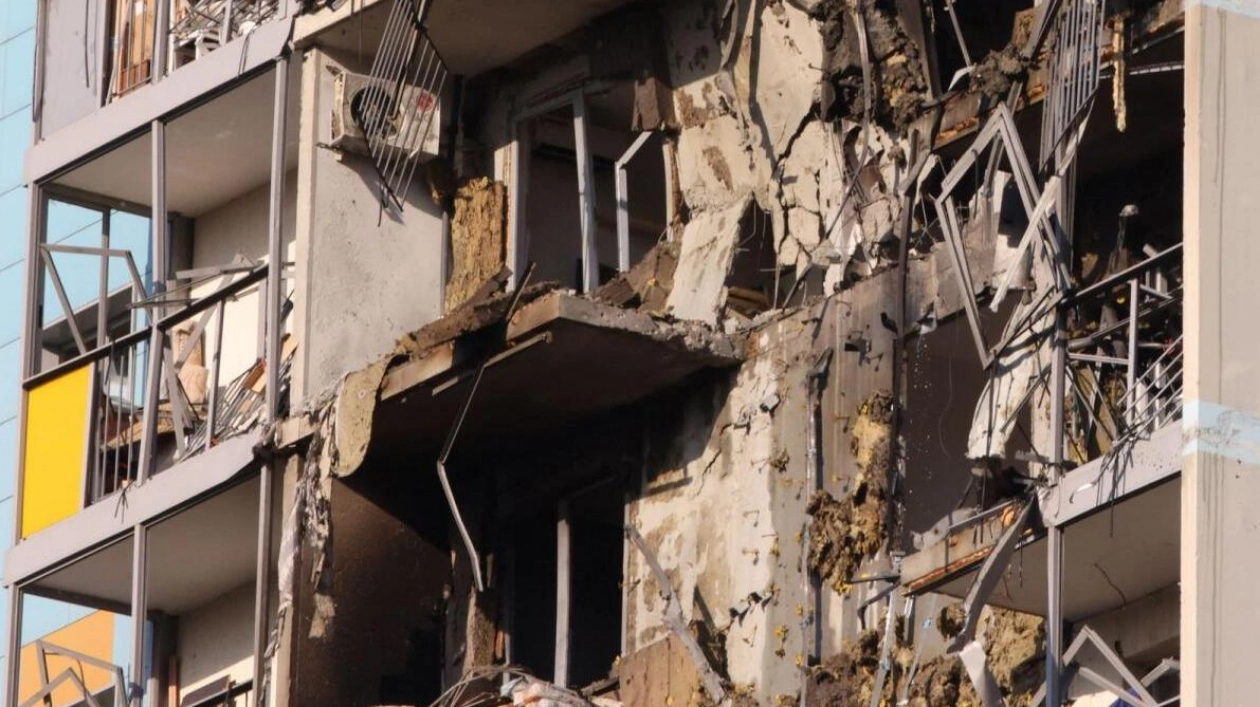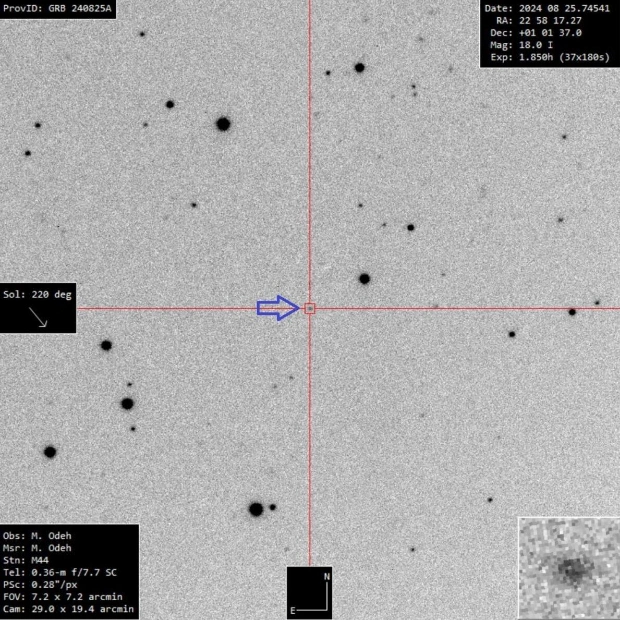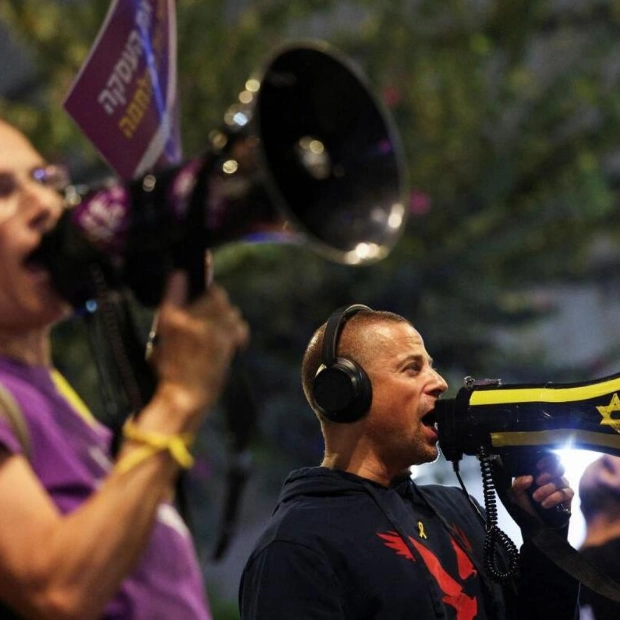Ukraine launched its most extensive drone attack on the Russian capital to date on Tuesday, resulting in the death of at least one woman, extensive damage to numerous homes, and the diversion of approximately 50 flights from airports around Moscow.
Russia, the world's largest nuclear power, claimed to have destroyed at least 20 Ukrainian drones as they approached the Moscow region, which is home to over 21 million people, and an additional 124 drones across eight other regions. Russian authorities confirmed at least one fatality near Moscow. Three of Moscow's four airports were closed for over six hours, and nearly 50 flights were rerouted.
Kremlin spokesperson Dmitry Peskov informed reporters that the drone attack served as a stark reminder of the true nature of Ukraine's political leadership, whom he characterized as enemies of Russia. Peskov emphasized that nighttime strikes on residential areas cannot be justified as military actions. He reiterated Moscow's stance that the ongoing special military operation is necessary to protect against such attacks, referring to Russia's war in Ukraine.
Ukraine reported that Russia, which deployed tens of thousands of troops into Ukraine in February 2022, launched an overnight attack using 46 drones, 38 of which were successfully neutralized. The drone attacks in Russia caused significant damage to high-rise apartment buildings in the Ramenskoye district of the Moscow region, resulting in fires. Moscow regional governor Andrei Vorobyov stated that a 46-year-old woman was killed, and three others were injured in Ramenskoye.
Residents described waking up to explosions and fires. Alexander Li, a resident of the district, recounted seeing a ball of fire through his window, with the shockwave shattering the glass. Georgy, another resident who declined to provide his surname, heard a drone buzzing outside his building in the early hours before it struck. He quickly gathered his family and fled the scene.
The Ramenskoye district, located approximately 50km southeast of the Kremlin, has a population of around 250,000 people. Russia's defense ministry also reported the downing of over 70 drones in the Bryansk region and additional drones in other regions, with no reported damage or casualties.
As Russia continues its advance in eastern Ukraine, Kyiv has escalated the conflict by launching cross-border attacks into Russia's western Kursk region, beginning on August 6, and conducting increasingly large-scale drone attacks deep within Russian territory. The war has predominantly involved intense artillery and drone warfare along the 1,000km heavily fortified front line in southern and eastern Ukraine, involving hundreds of thousands of soldiers.
Both Moscow and Kyiv have invested in the development and deployment of new drones, employing innovative tactics and seeking advanced methods to neutralize them. Both sides have repurposed inexpensive commercial drones into lethal weapons, boosting their own production and assembly to target tanks, energy infrastructure, and airfields.
Russian President Vladimir Putin, who aims to shield Moscow from the harsh realities of the war, has condemned Ukrainian drone attacks on civilian infrastructure, such as nuclear power plants, as acts of terrorism and vowed retaliation. Major Russian cities, including Moscow, have largely remained untouched by the conflict.
Russia has retaliated by launching thousands of missiles and drones against Ukraine over the past two-and-a-half years, resulting in the deaths of thousands of civilians, extensive damage to the country's energy system, and significant harm to commercial and residential properties. Ukraine asserts its right to strike back deep into Russian territory, though its Western allies have cautioned against direct confrontation between Russia and the US-led NATO military alliance.
There was no immediate response from Ukraine regarding Tuesday's attacks. Both sides deny targeting civilians. This latest attack follows drone strikes by Ukraine in early September, primarily targeting Russia's energy and power facilities. Authorities in the Tula region, north of the Moscow region, reported that drone debris had fallen onto a fuel and energy facility, but the facility's operations were unaffected.






